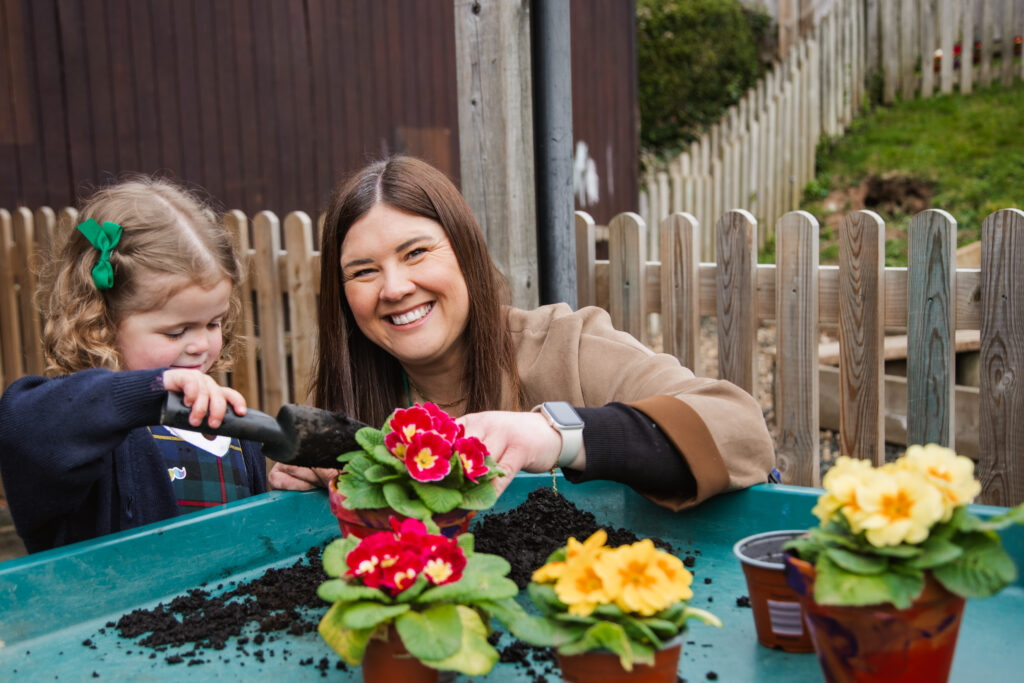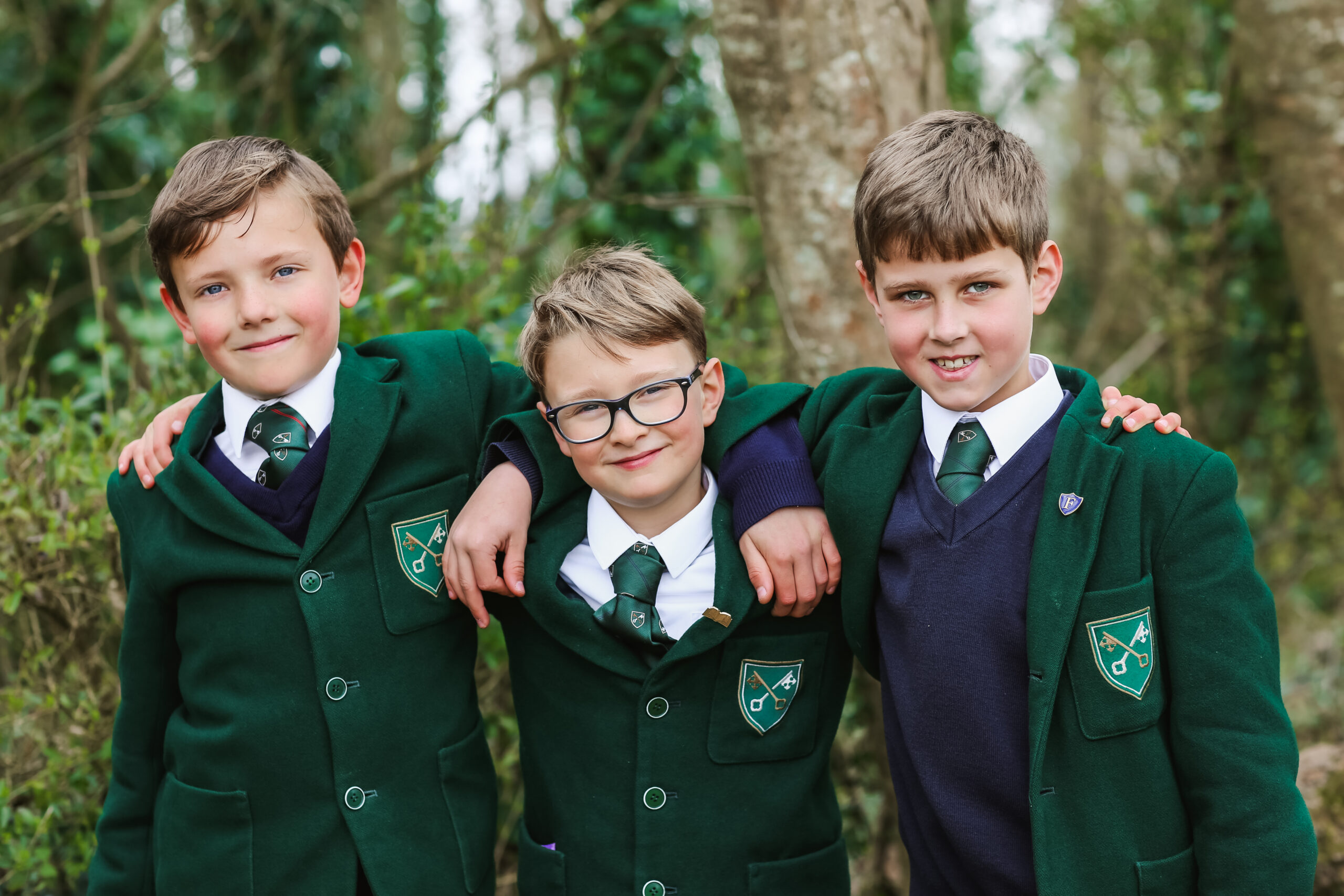We’d all love children to get as much time outside as possible. In a world dominated by the internet, it’s important for us at our private school in Devon that we teach young minds about the importance of time away from screens and under the blue sky.
We regularly use our extensive spaces, including adventure playgrounds, sports pitches, and forest school zones, to help children discover enriching outdoor experiences during their school days. Here are some reasons why we believe this is crucial to their development as well-rounded pupils.
Improved Physical and Mental Health
It’s been well-proven at this point that time spent in nature is great for improving our mental health. Research by the University of Glasgow found that children who spend just 60 minutes a day in natural environments have a 50% lower risk of mental health issues.
At a time when there is incredible pressure on children to succeed, both academically and socially, simply having a change of scenery can help pupils de-stress and see their situation, and themselves, in a different way.
Of course, more time outdoors also leads to improved physical health. Even if it’s just exploring a forest, more movement alongside fresh natural air is great for supporting healthy physical development.

Developing a Love of Nature
It’s easy to take the outdoor world for granted. Only now are we starting to grasp how important natural landscapes could be to our wellbeing, both as individuals and as a species.
The climate emergency is likely to be a defining issue for much of our children’s lives. It’s through early experiences with nature that pupils can develop an understanding of and care for the natural world, something that could help them become advocates and leaders when it comes to addressing future issues.
Even for children who don’t develop a passion for protecting the environment, having early and regular contact with green spaces helps pupils recognise its importance for their health, encouraging healthy habits that will last a lifetime.

Discover Different Perspectives
How many times have you struggled with a problem, then said it aloud and worked out the solution straight away, or gone for a walk and suddenly found the answer somewhere in your head? Sometimes, all we need is to see something in a different way to finally understand it.
Outdoor learning is a fantastic way to view things differently, both academically and personally.
We’ve discovered a lot over the last decade about different learning styles; some pupils excel in traditional environments, while others need more kinetic and tactile experiences to understand. Introducing outdoor experiences ensures all pupils, with their unique skills, get the opportunity to thrive.
We’ve also seen how outdoor learning experiences can help pupils see themselves and each other in new, more positive lights, thanks to the freedom and sense of exploration that comes with these spaces.
Communication Skills
Outdoor learning brings new challenges that help children break out of their comfort zone in a small and protected way.
Often, outdoor learning involves an element of exploration and trust. Team or group dynamics are also regularly involved. All of these situations come together to create an environment that encourages children to participate and try new approaches to common problems.
A combination of new challenges and a less stressful setting means we find shy or unconfident speakers regularly becoming more vocal in outdoor learning. More confident pupils can also funnel their energy into leadership roles, developing key skills for their future lives.
Build Self-Confidence
School isn’t just about academia, it’s about creating well-rounded people who are equipped with the personal skills to thrive in a rapidly changing world. Outdoor learning is a crucial part of this development.
All of the points mentioned above – from improved mental health to better communication skills – come together to help pupils develop a greater sense of self. More self-confidence means children have the resilience to take on the challenges they’ll face both at school and throughout their lives in an honest and open way. The fact that it helps improve school performance is just a bonus.
We hope this blog does enough to convince everyone why outdoor learning is so crucial. If you’d like to learn more about our approach, why not contact us today or request a prospectus?








